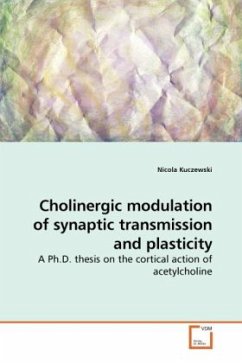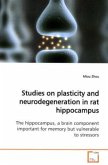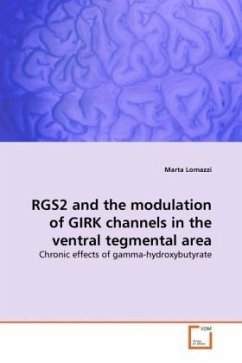The physiological and cognitive states of the brain are influenced by variations in the activity of the cholinergic systems. For example, changes in the levels of acetylcholine have been associated with arousal/sleep cycle, sustained and focal attention. The importance of acetylcholine action on brain physiology is highlighted by the fact that a deficit of cholinergic transmission impairs learning and cellular plasticity and is involved in brain pathology such as Alzheimer diseases. Cholinergic activity exerts is action by modifying the extracellular cortical concentration of acetylcholine; here will be discussed several experimental data suggesting that a selective activation of the different subtypes of cholinergic receptors, produced by the modification in cortical acetylcholine release, is capable to modulate the dynamics of cortical activity and to affects the way in witch synaptic connections are modified by experience. Will be further discussed how such property could affects the brain cognitive states and the mnemonic processes that are associated whit high or low level of activation of the cholinergic system.
Bitte wählen Sie Ihr Anliegen aus.
Rechnungen
Retourenschein anfordern
Bestellstatus
Storno








